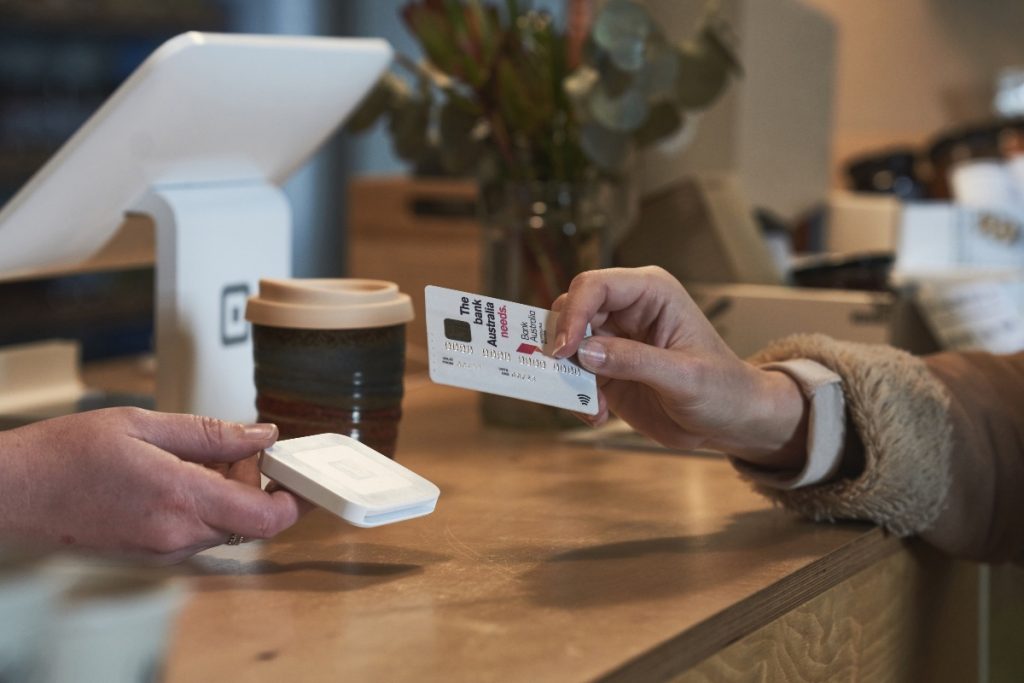Emily never used to think about what her bank did with her money. As far as she was concerned, her wages were paid into her bank account once a month, she’d spend that money by using her debit card and, if she was lucky, she might make a few dollars’ worth of interest here and there.
But as Emily grew increasingly concerned about the climate crisis – particularly as it was manifesting in Australia, with more frequent, aggressive and unpredictable floods and bushfires – she began to learn more about how and where her money was being used. “A friend showed me the Marketforces compare bank table, and I was floored,” she said.
Emily’s youth was soundtracked by the socially and environmentally progressive anthems of likes of Midnight Oil and Rage Against the Machine, so finding out that her own bank had loaned nearly $15 million to fossil fuel organisations since 2016 was a rude awakening. “It was a strange feeling, like I was somehow complicit but I’d also had the wool pulled over my eyes. It’s wild to think that people generally don’t know about this stuff.”
In 2020, Emily pulled her money and switched to Bank Australia, a B Corp-certified bank with strong environmental credentials and a tangible ‘clean money’ philosophy. She also made sure she told her previous bank why she was leaving. “I remember the customer service guy said: ‘Oh yeah, heaps of people are moving to responsible banks’,” she says.

The idea of clean money might seem a little odd, but as Emily learned the hard way, the money in our banks doesn’t just sit there collecting interest – it’s invested and loaned to a range of industries and organisations. Clean money means that – unlike other banks – Bank Australia doesn’t lend to the fossil fuel, tobacco, arms, gambling or tobacco industries, so customers like Emily can sleep easy knowing that their money isn’t exposed to anything they fundamentally oppose.
“Money isn’t the only tool that we need to leverage to address the social and environmental issues we’re facing, but it is an important lever,” says Dr. Sasha Courville, Chief Impact Officer at Bank Australia. “Being able to direct capital to help solve society’s problems, and not exacerbate them, is a meaningful driver for change.”
Love Music?
Get your daily dose of everything happening in Australian/New Zealand music and globally.
As Sasha suggests, clean money extends to what the bank does invest in – such as green technologies, not-for-profits, clean energy, inclusive and community housing and its own customers (via its grants program) – too. In fact, the bank has invested more than $1 billion in projects and organisations that create positive impact for people and the planet to date, and is one of just two banks in the world with a net zero 2035 commitment.
“What many people don’t realise is that everyone has the power to take control of their own money and use it as a force for good,” says Sasha. “You don’t need hundreds of thousands of dollars of investments. It can be as simple as your bank account. A growing number of people want to make sure that their money – and who it’s loaned to – aligns with their values. Every decision we make will have a positive or negative impact, and being able to make those informed choices is incredibly powerful.”
Heard enough? Switch to the clean money movement today.




































